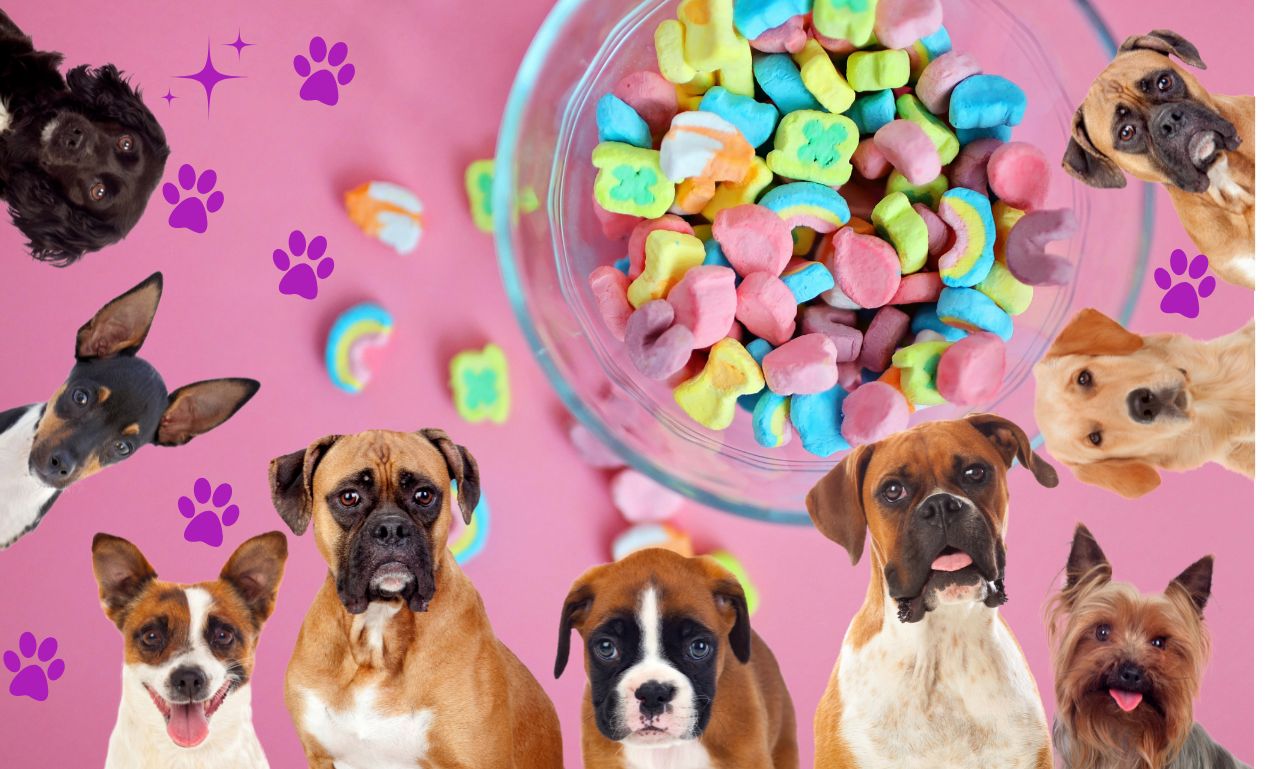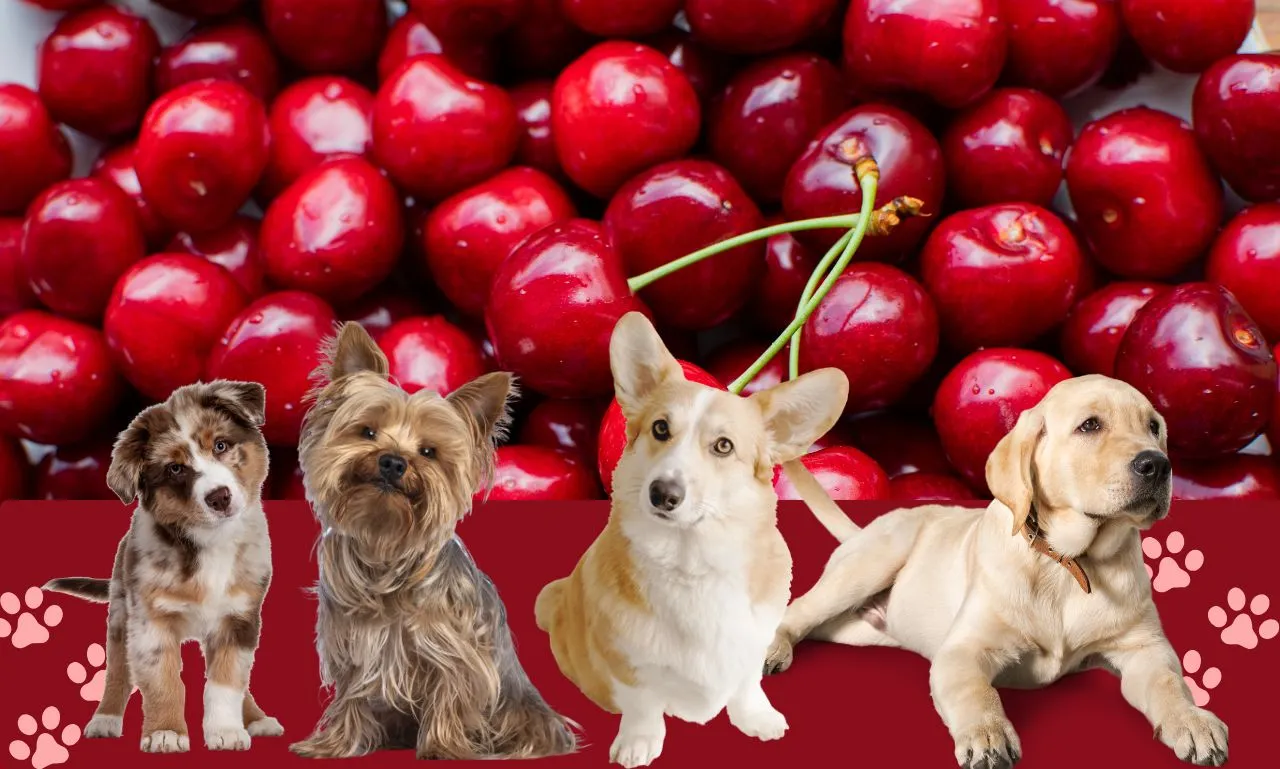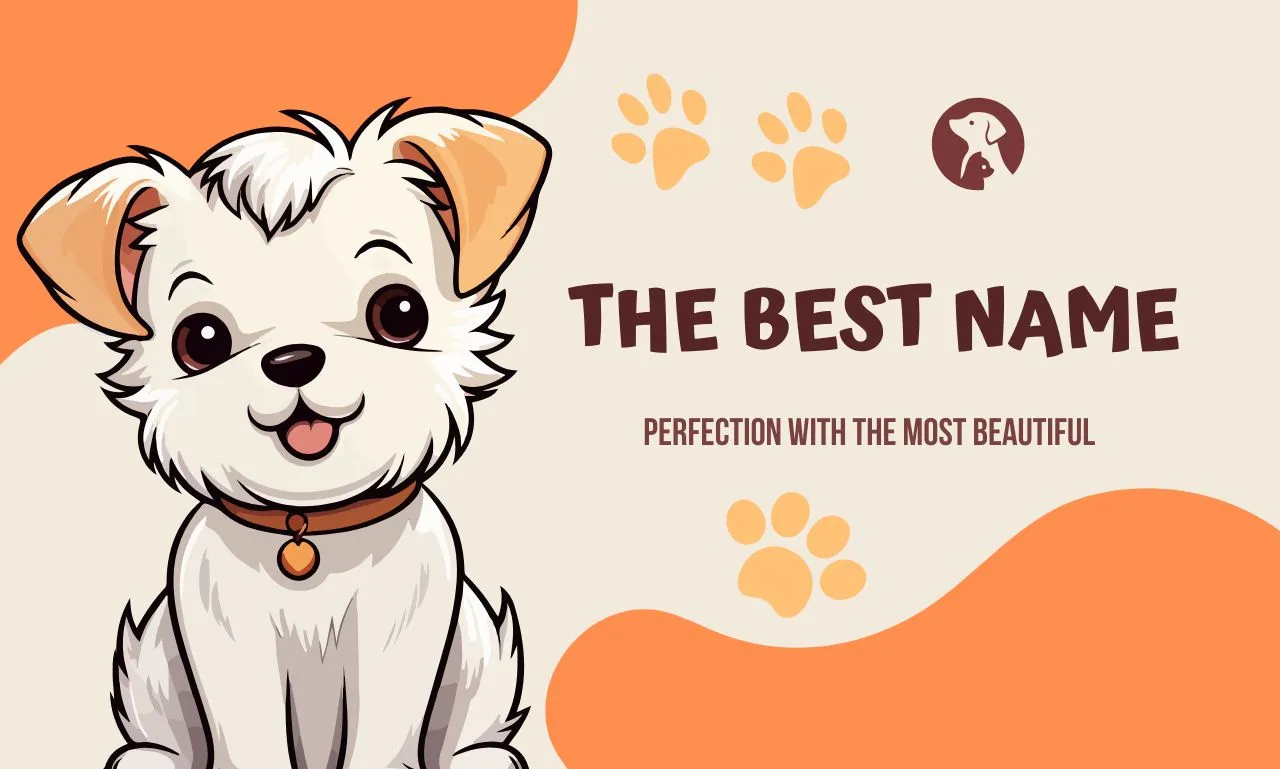Can Dogs Have Marshmallows? The Truth About This Sweet Treat 1
Table of Contents
Can Dogs Have Marshmallows?
Marshmallows are a sweet, fluffy treat that many humans enjoy, but when it comes to our furry friends, the question arises: Can dogs have marshmallows? While marshmallows aren’t toxic to dogs, they aren’t exactly a healthy snack either. In this article, we’ll explore whether marshmallows are safe for dogs, the potential risks, and what to do if your dog eats them. We’ll also answer related questions like Can dogs eat marshmallow fluff? and Are Lucky Charms safe for dogs?
Are Marshmallows OK for Dogs
The short answer is that marshmallows are not ideal for dogs. While they aren’t inherently toxic, they offer no nutritional value and can pose several health risks. Marshmallows are primarily made of sugar, gelatin, and corn syrup, which are not beneficial for your dog’s diet. Feeding your dog marshmallows regularly can lead to weight gain, dental issues, and even diabetes over time.
Are Marshmallows Bad for Dogs?
Marshmallows can be bad for dogs, especially in large quantities or if they contain certain ingredients. Here are some reasons why marshmallows aren’t a good choice for your pup:
- High Sugar Content: Marshmallows are loaded with sugar, which can lead to obesity, tooth decay, and other health problems in dogs.
- Artificial Sweeteners: Some marshmallows contain xylitol, a sugar substitute that is highly toxic to dogs. Even small amounts of xylitol can cause a rapid drop in blood sugar, seizures, or liver failure.
- Choking Hazard: Marshmallows are soft and sticky, which can make them a choking hazard, especially for small dogs.
- Digestive Issues: The high sugar and fat content in marshmallows can upset your dog’s stomach, leading to vomiting, diarrhea, or pancreatitis.
Can Dogs Eat Marshmallow Fluff?
Marshmallow fluff, a spreadable version of marshmallows, poses the same risks as regular marshmallows. It’s high in sugar and offers no nutritional benefits. Additionally, its sticky texture can make it a choking hazard or cause digestive discomfort. If the fluff contains xylitol, it can be extremely dangerous for your dog. It’s best to avoid giving marshmallow fluff to your dog altogether.
Can Dogs Eat Lucky Charms?
Lucky Charms cereal contains marshmallow pieces, which means it carries the same risks as regular marshmallows. The cereal itself is high in sugar and artificial ingredients, which are not suitable for dogs. While a small amount of Lucky Charms is unlikely to harm your dog, it’s not a healthy or recommended treat. If your dog accidentally eats Lucky Charms, monitor them for signs of digestive upset or xylitol poisoning (if applicable).
What to Do If Your Dog Eats Marshmallows
If your dog eats a plain marshmallow or two, they’ll likely be fine, though they may experience an upset stomach. However, if they consume a large quantity or marshmallows containing xylitol, take the following steps:
- Check the Ingredients: Look for xylitol on the packaging. If it’s present, contact your vet immediately.
- Monitor for Symptoms: Watch for signs of distress, such as vomiting, diarrhea, lethargy, or difficulty breathing.
- Contact Your Vet: If you’re unsure about the ingredients or your dog shows concerning symptoms, seek veterinary advice right away.
Healthier Alternatives to Marshmallows
If you’re looking for a sweet treat to share with your dog, consider these safer options:
- Fresh Fruits: Apples (without seeds), blueberries, and watermelon are healthy, low-calorie treats.
- Carrots or Sweet Potatoes: These crunchy veggies are packed with nutrients and make great snacks.
- Dog-Safe Treats: Opt for treats specifically designed for dogs, which are formulated to meet their nutritional needs.
Final Thoughts
While dogs can eat marshmallows in small amounts, they’re not a healthy or safe treat. The high sugar content, potential for xylitol toxicity, and risk of choking or digestive issues make marshmallows a poor choice for your furry friend. If you want to give your dog a special treat, stick to dog-safe options that are both delicious and nutritious.
Always consult your veterinarian before introducing new foods to your dog’s diet, and remember: when in doubt, it’s better to skip the marshmallows and choose a healthier alternative.



